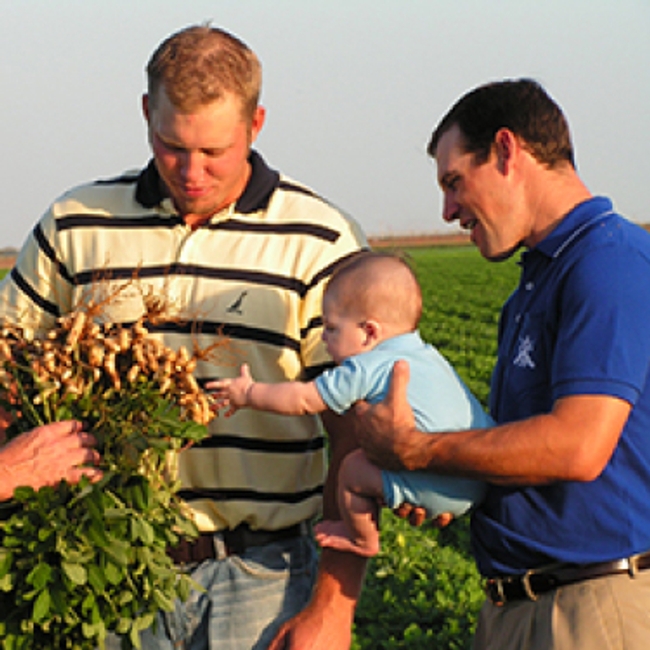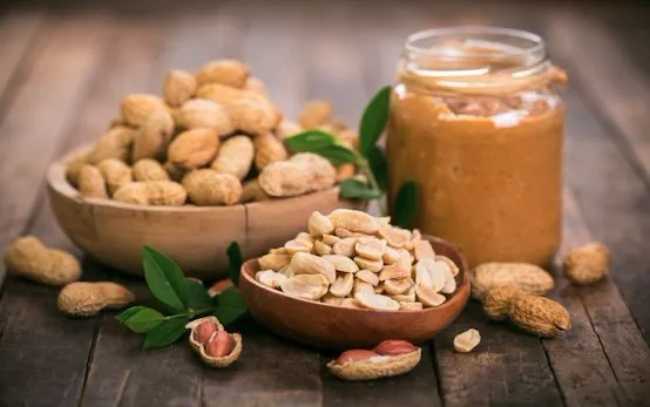We Are Peanuts
Find out why we’re America’s favorite nut.
Explore how to eat more peanuts daily for a nutritious boost. Check out these practical tips from th...
Jun 2, 2023Ryan Lepicier, longtime NPB SVP and CMO, brings marketing expertise and peanut passion to new role
Oct 2, 2023On April 9, USDA announced the Final Rule on Revisions in the Women, Infant and Children (WIC) Food ...
Apr 23, 2024By exploring these five evidence-based insights, we unravel the misconceptions surrounding peanut al...
Apr 15, 2024With so many viewpoints on the internet, it’s hard to know who to listen to – is peanut oil safe for...
Apr 12, 2024Much to the satisfaction of millions, Chick-fil-A has used refined peanut oil for decades
Apr 12, 2024Filter the information below using these tags
Recipes
Peanut lovers, look no further – from meals to snacks, we’ve got you covered.

Sustainability
Learn more about how peanuts are good for the earth.


About Us
Learn more about who we are.

